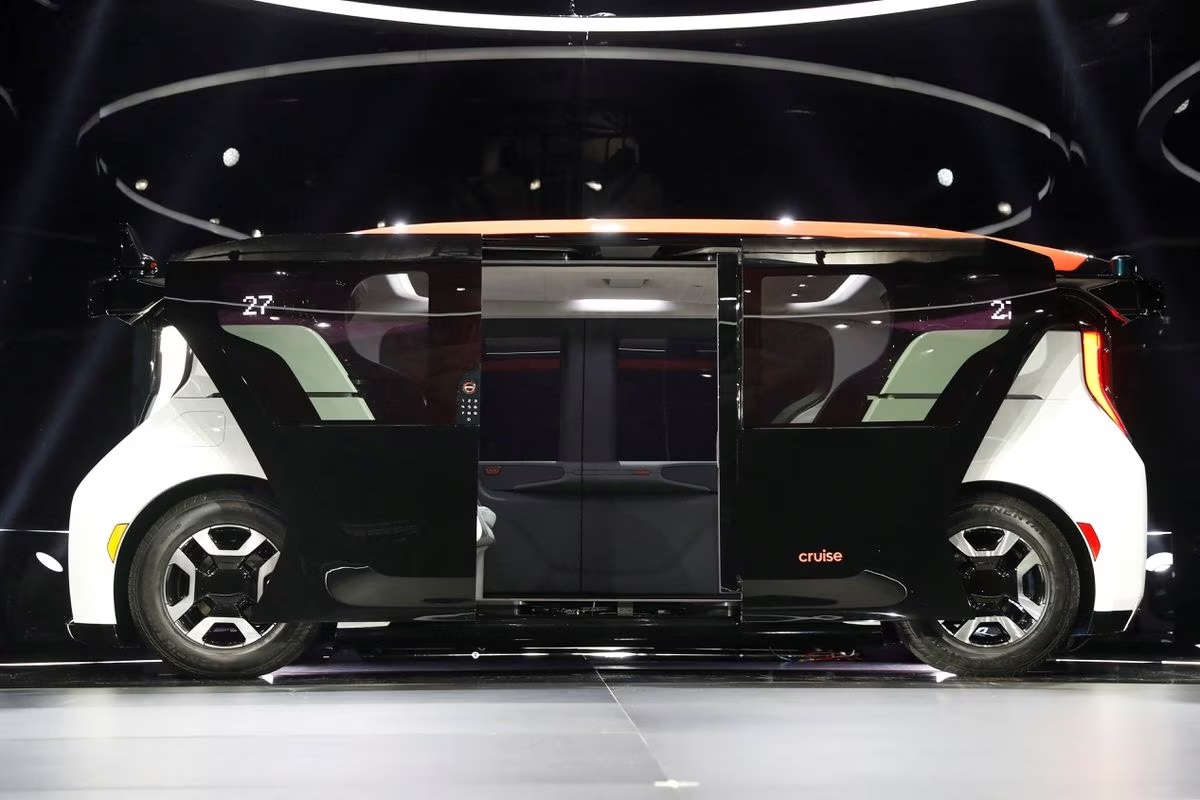WASHINGTON, March 16 (Reuters) – General Motors (GM.N) CEO Mary Barra met with two key senators on Thursday as the Detroit automaker pushes for legislation to speed deployment of self-driving vehicles on U.S. roads.
Barra met with Senate Commerce Committee Chair Maria Cantwell and Senator Gary Peters, a fellow Democrat and a Commerce Committee member, the company confirmed.
Congress has been stymied for more than six years over legislation to ease regulations that would allow for the deployment of thousands of autonomous vehicles.
“We must act to ensure U.S. manufacturers can compete with countries like China, create jobs here and improve roadway safety,” said Peters, who represents Michigan, where GM is based. He added that Barra discussed with the lawmakers “the future of mobility — including autonomous vehicles.”
GM and its self-driving technology unit, Cruise, in February 2022 disclosed that they had petitioned the National Highway Traffic Safety Administration (NHTSA) for permission to deploy up to 2,500 self-driving vehicles annually without steering wheels, mirrors, turn signals or windshield wipers.
GM wants to deploy its Origin vehicle, which has subway-like doors and no steering wheels. GM says vehicles will require passengers to buckle seat belts prior to autonomous rides. The NHTSA opened the petition for public comment in July but has not acted on it.
In 2017, the House of Representatives passed by voice vote legislation to speed the adoption of self-driving cars, bar states from setting performance standards and expand the number of vehicles that could be deployed with exemptions, but the bill never passed the U.S. Senate.
Cruise in 2021 urged President Joe Biden to back self-driving car legislation, saying the country risked lagging behind China.
In December, the NHTSA opened a safety probe into the autonomous driving system in vehicles produced by Cruise after reports of two injuries in rear-end crashes. NHTSA said it received notices of incidents in which self-driving Cruise vehicles “may engage in inappropriately hard braking or become immobilized.”
Cruise said in December it was cooperating in the investigation, noting it had “driven nearly 700,000 fully autonomous miles in an extremely complex urban environment with zero life-threatening injuries or fatalities.”











